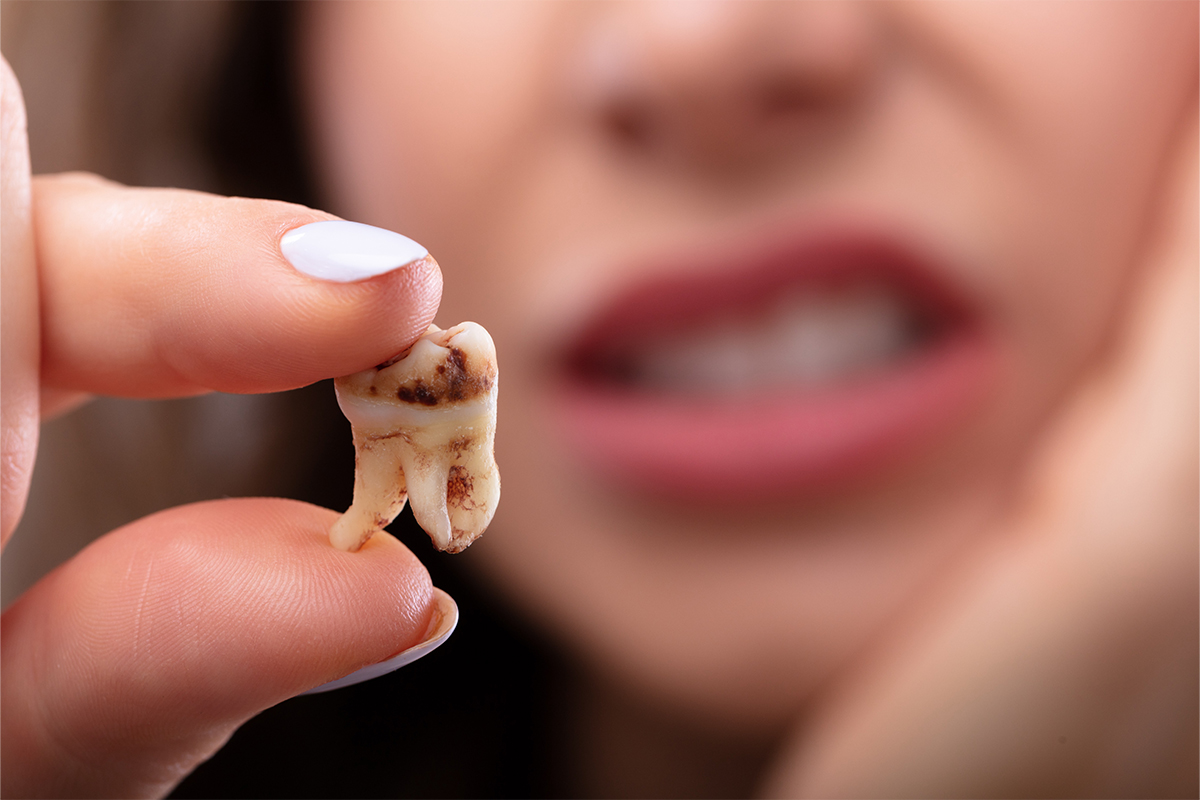Tooth decay or dental caries
Tooth decay or dental caries

Tooth decay, also known as dental caries, is a common dental condition that occurs when the bacteria in the mouth produce acid that erodes the enamel of the teeth. This erosion leads to cavities, or small holes, in the teeth that can eventually grow larger and cause pain and discomfort.
Tooth decay is caused by a combination of factors, including poor oral hygiene, a diet high in sugar and carbohydrates, and a lack of fluoride. When plaque, a sticky film of bacteria, builds up on the teeth and is not removed through brushing and flossing, it can produce acid that attacks the enamel.
Symptoms of tooth decay may include tooth sensitivity, pain when biting or chewing, visible holes or pits in the teeth, and discoloration or staining of the teeth.
Treatment for tooth decay typically involves removing the decayed portion of the tooth and filling the cavity with a dental filling. In some cases, a crown or other restoration may be necessary to restore the function and appearance of the tooth.
Preventing tooth decay involves maintaining good oral hygiene habits, such as brushing twice a day with fluoride toothpaste, flossing daily, and visiting the dentist regularly for cleanings and checkups. Eating a healthy diet that is low in sugar and carbohydrates can also help to prevent tooth decay.
Fluoride treatments may be recommended for individuals at high risk of developing tooth decay, such as children or those with a history of cavities. Dental sealants, a thin coating applied to the chewing surfaces of the back teeth, can also help to prevent decay in these areas.
Overall, tooth decay is a common dental condition that can be prevented with good oral hygiene habits and regular dental care. If left untreated, however, it can lead to more serious dental problems and complications.

